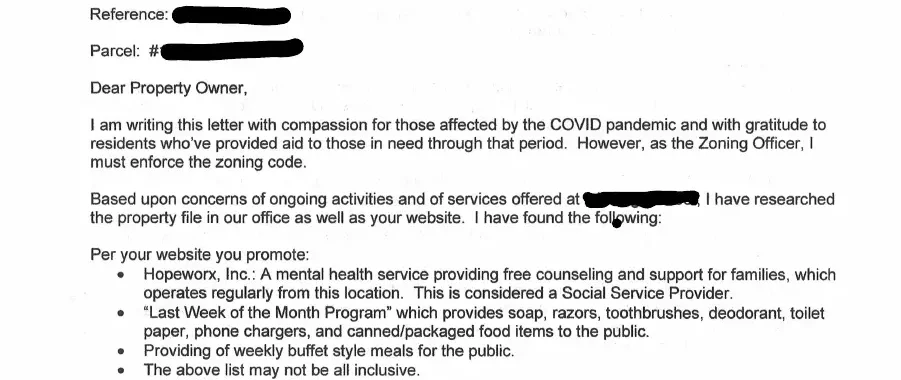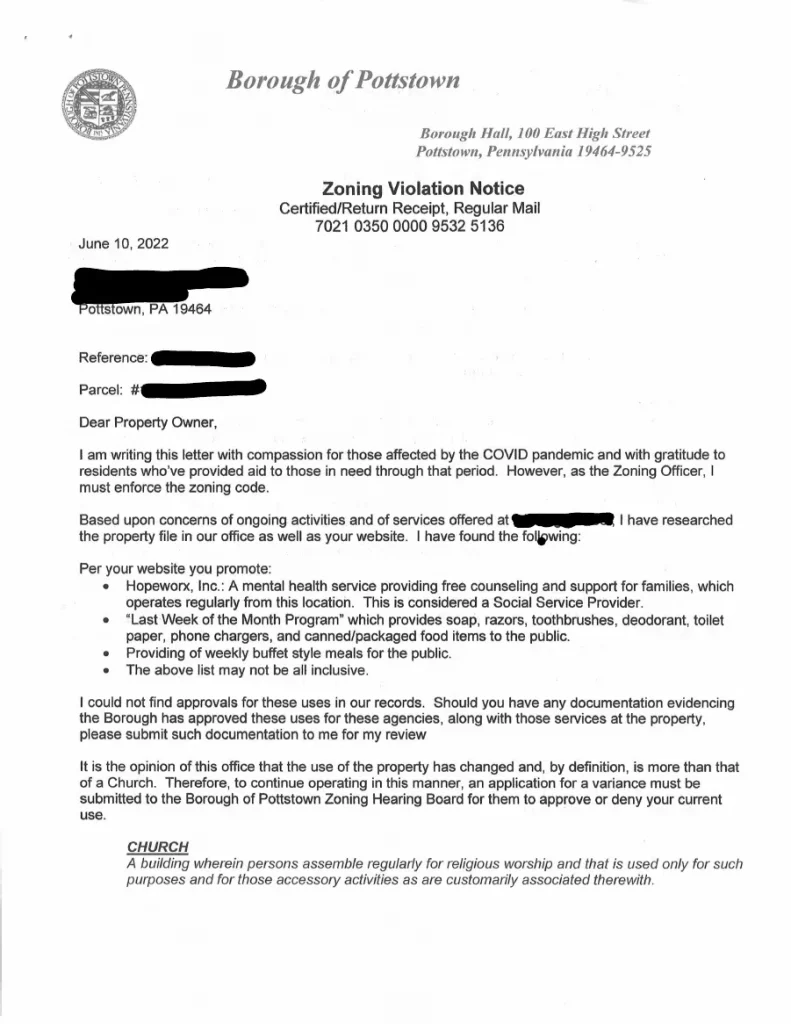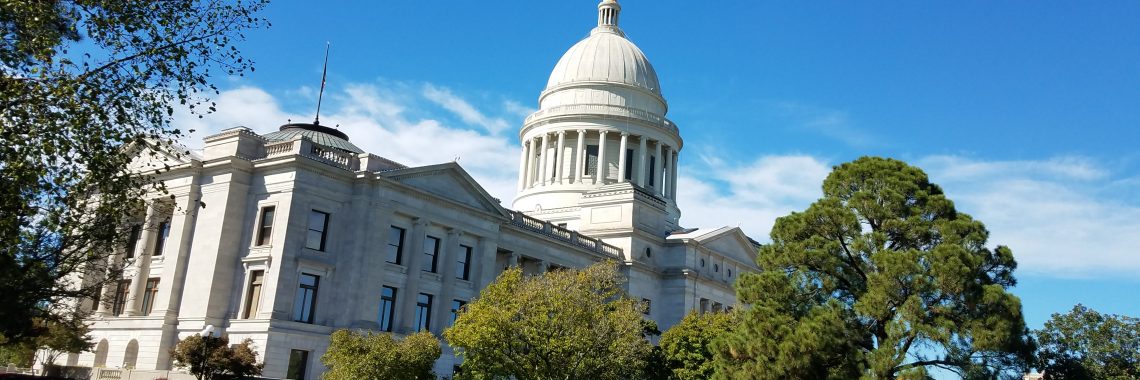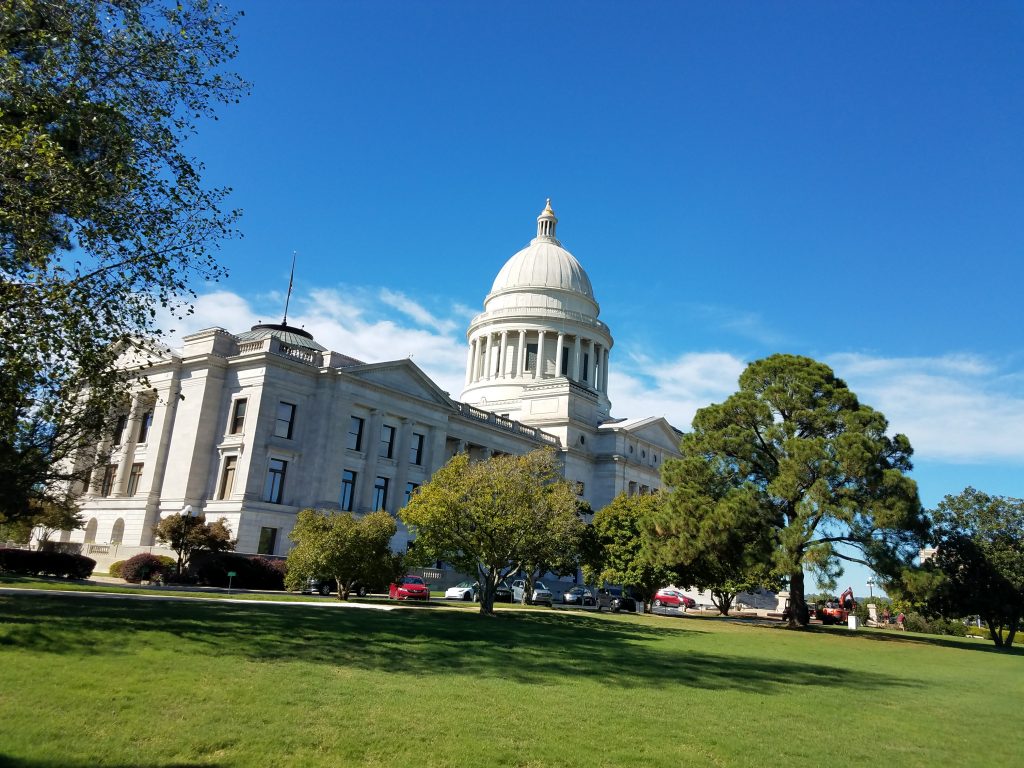Venue Investigated for Declining to Host Same-Sex Weddings

A wedding and event venue in Iowa reportedly is under investigation for declining to host same-sex weddings.
News outlets indicate the Grand Rapids’ Office of Equity and Engagements is investigating The Broadway Avenue, a wedding and event venue, for possibly violating the city’s “human rights ordinance.”
The Broadway Avenue is owned and operated by a husband and wife team.
The couple proclaims on the venue’s website, “We believe in Jesus and are so blessed by his calling in our lives to start The Broadway Avenue!”
Christian-owned wedding venues, bakeries, photography studios, and florist shops have come under fire in recent years for declining to host or participate in same-sex ceremonies.
Many have found themselves targeted by state and local “non-discrimination” ordinances that do not contain adequate protections for people who want to operate their businesses in keeping with their deeply-held religious convictions.
Stories like these underscore why it is so important for states to enact solid protections for religious liberty.
Without good protections for religious liberty at the state level, cities and counties may be able to run roughshod over the free exercise of religion.
Fortunately, Arkansas enacted the Religious Freedom Restoration Act in 2015 that helps protect religious liberty.
And last year the Arkansas Legislature voted to place the Arkansas Religious Freedom Amendment on the 2022 ballot.
If passed, the amendment would enshrine many of the same religious liberty protections from the 2015 law into the Arkansas Constitution, and our protect religious liberties from further erosion.
You Can Learn More About the Arkansas Religious Freedom Amendment Here.





